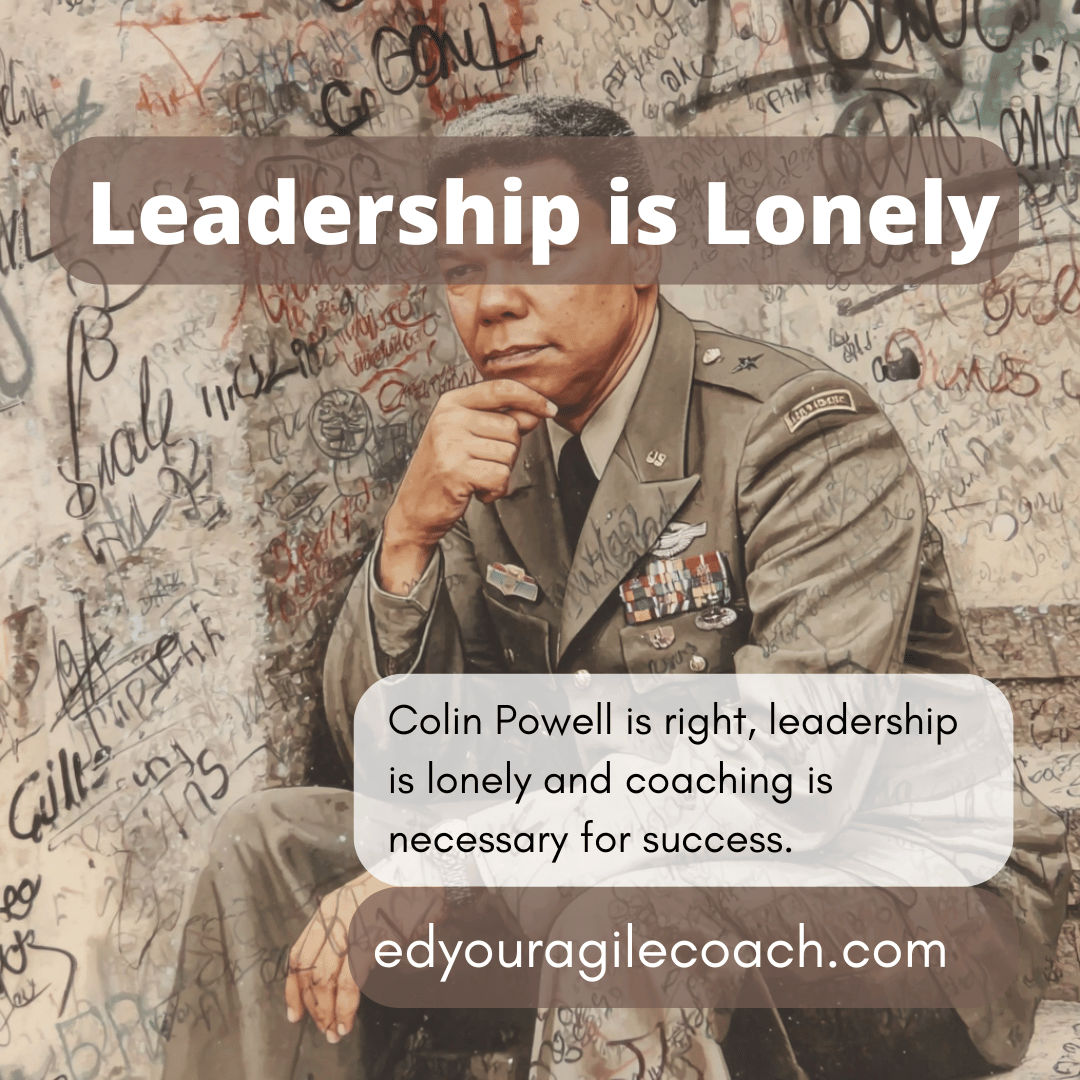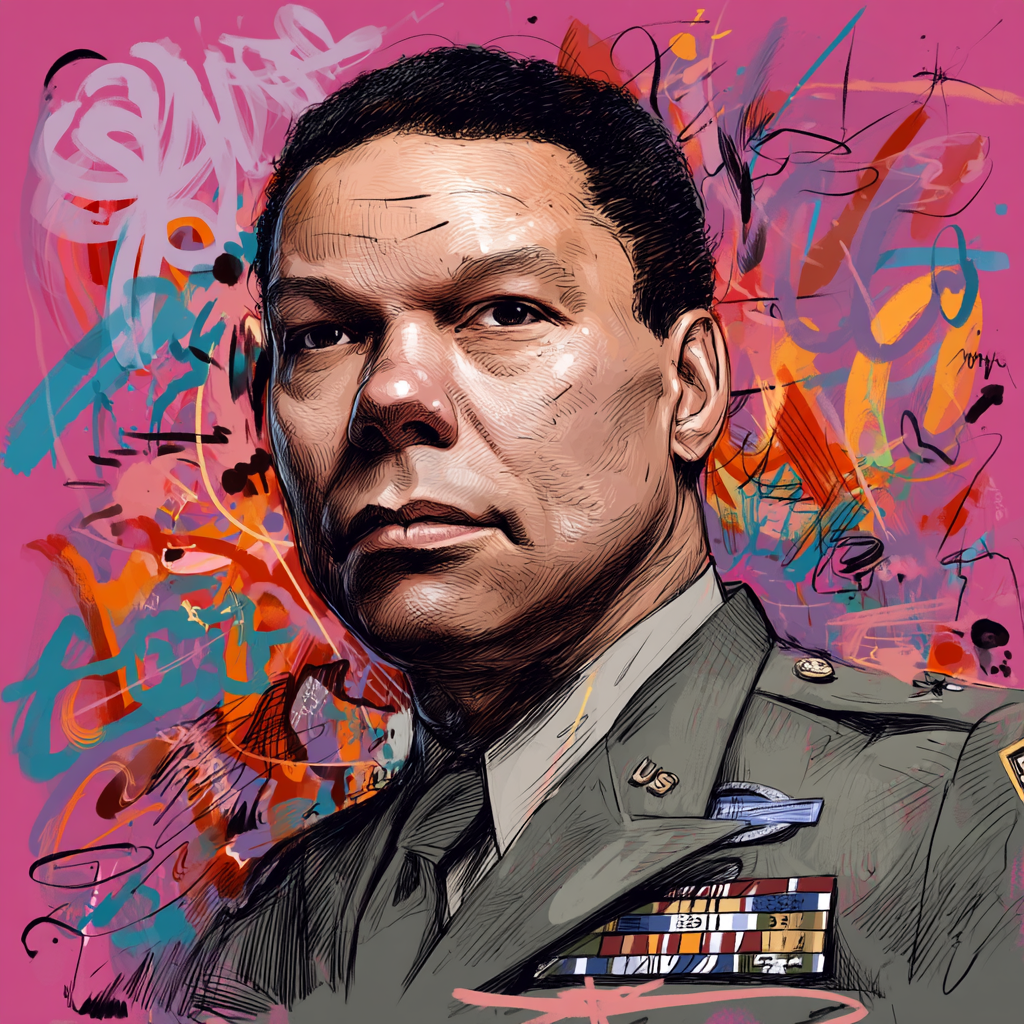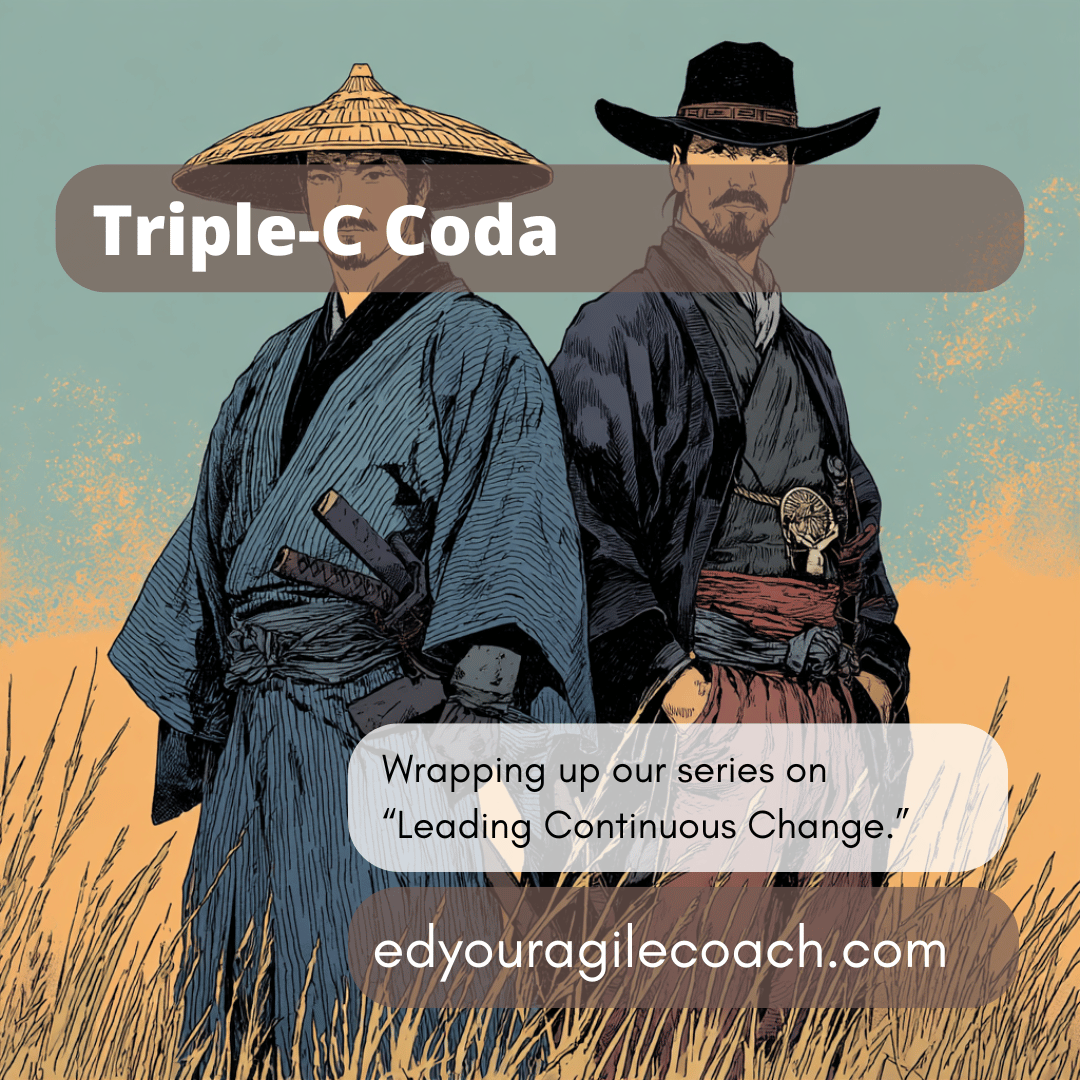Why Accountability Demands a Coach.

For good or ill, Colin Powell represents some of the more significant events in American History over the last fifty years. He is a decorated combat veteran who rescued his commanding officer from a helicopter crash in Vietnam. As Secretary of State, he pitched the case for the second war in Iraq before the United Nations Security Council. His track record makes the General a complicated figure in American history. What many do not dispute is his leadership and organizational skills. The American military was a mess after the fall of Sigon and Powell, along with other officers over the next twenty years, transformed it into the dominant force that liberated Kuwait in the First Gulf War. It is why I take his leadership advice seriously, and I want to discuss his most interesting observation about leadership.
Powell, after he retired from public office, gave speeches discussing his leadership principles and how they guided him. He mentioned that leadership is a lonely activity because when you are in charge of something, you are also responsible for its success or failure. Leaders delegate work; however, they are ultimately responsible when the delegated tasks fail to meet expectations. It creates a feeling of isolation and distrust.
Finally, when you are dealing with sensitive information or millions of dollars in potential profits, you often have no one to confide in to help you manage your emotions. Worse, the cutthroat nature of business and politics means that anyone with similar experiences and pressures is often a rival; therefore, being emotionally vulnerable is a recipe for exploitation rather than comfort. It explains why so many people in leadership roles struggle with mental health.
It is where coaching plays a vital role. Leadership offers numerous perks, and when done right, you take accountability for achieving great things. Coaching helps you harness that power and responsibility, guiding others to accomplish your goals. Failure has repercussions and consequences. A good coach ensures that everyone understands the implications and invests in their success.
As a coach, the most important thing you can do is listen. People are messy and have conflicting emotions and motivations. It is essential to listen to these concerns and assist them in managing the emotional labor required to accomplish their goals. When you are in a changing environment, it means that you are helping people transition from old ways of working to new ones. It is a laborious process because people become accustomed to routines, and process improvements inevitably upset those routines.
Here is where you return to Colin Powell and his lonely nature of leadership and coaching, because you have a vision of where you expect to see the organization, but it only exists in your mind, and others cannot see it. Creative people and leaders often say that this is the most challenging task in their process. Somehow, they must transform this vision into something concrete that others can see and understand. It takes discipline and often lonely moments of intense concentration and effort. It explains why people crave solitude, as it allows them to work on transforming a vision into reality.

After you go through this lonely process, it is then time to sell and persuade others that the change will work. Often, the old routines will be upset, and it is up to the leader to shepherd change through the organization one painful step at a time. It is why good leaders are patient and persistent because they understand that change does not happen overnight.
I understand how challenging it can be to lead change. As Colin Powell said, it is often a lonely and slow process. Responsibility feels oppressive, and the mental commitment is frequently taxing. Yet, if done correctly, good leadership makes the world a better place, and that alone is worth the sacrifice.
Until next time.




Comments ()